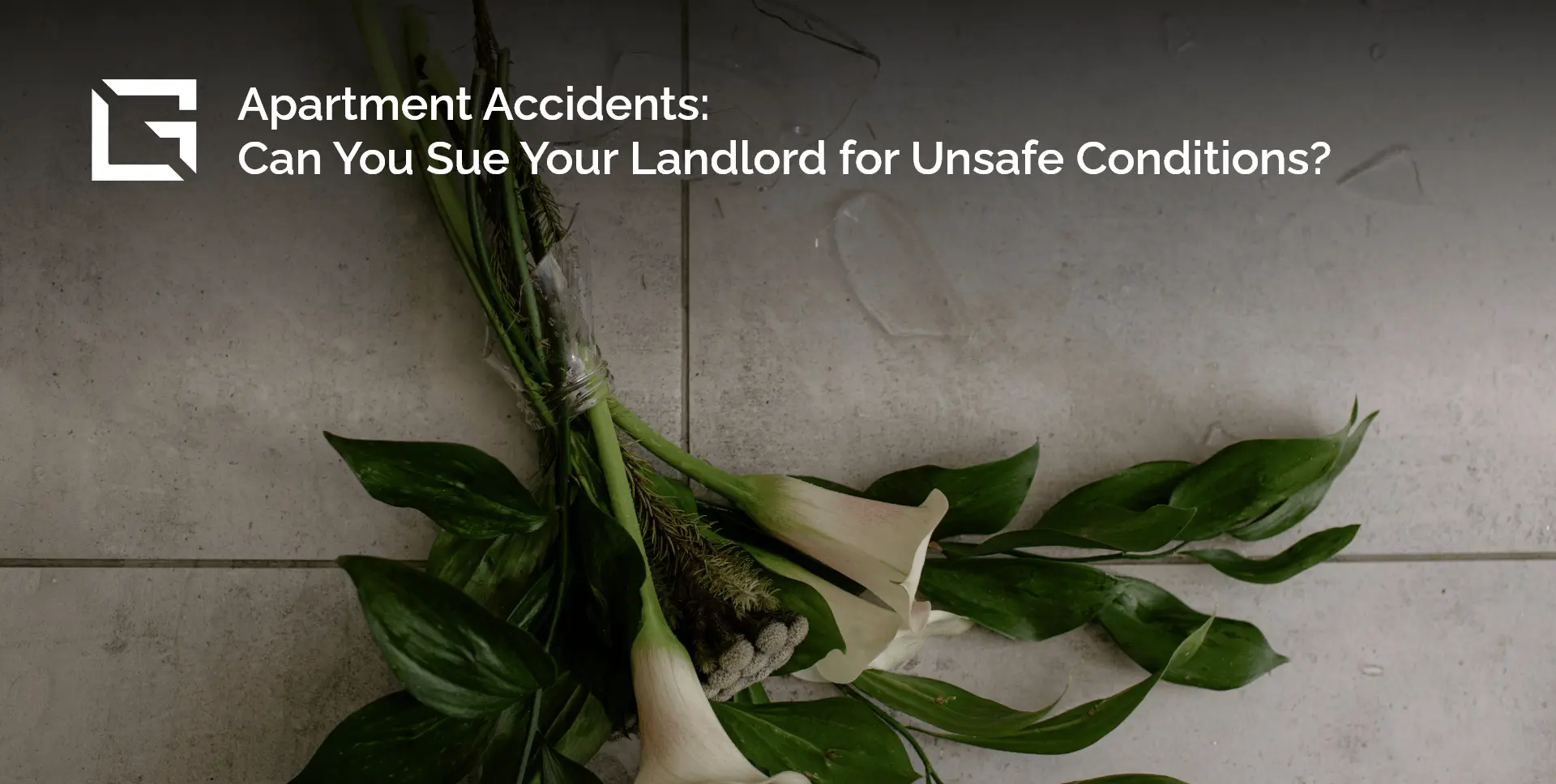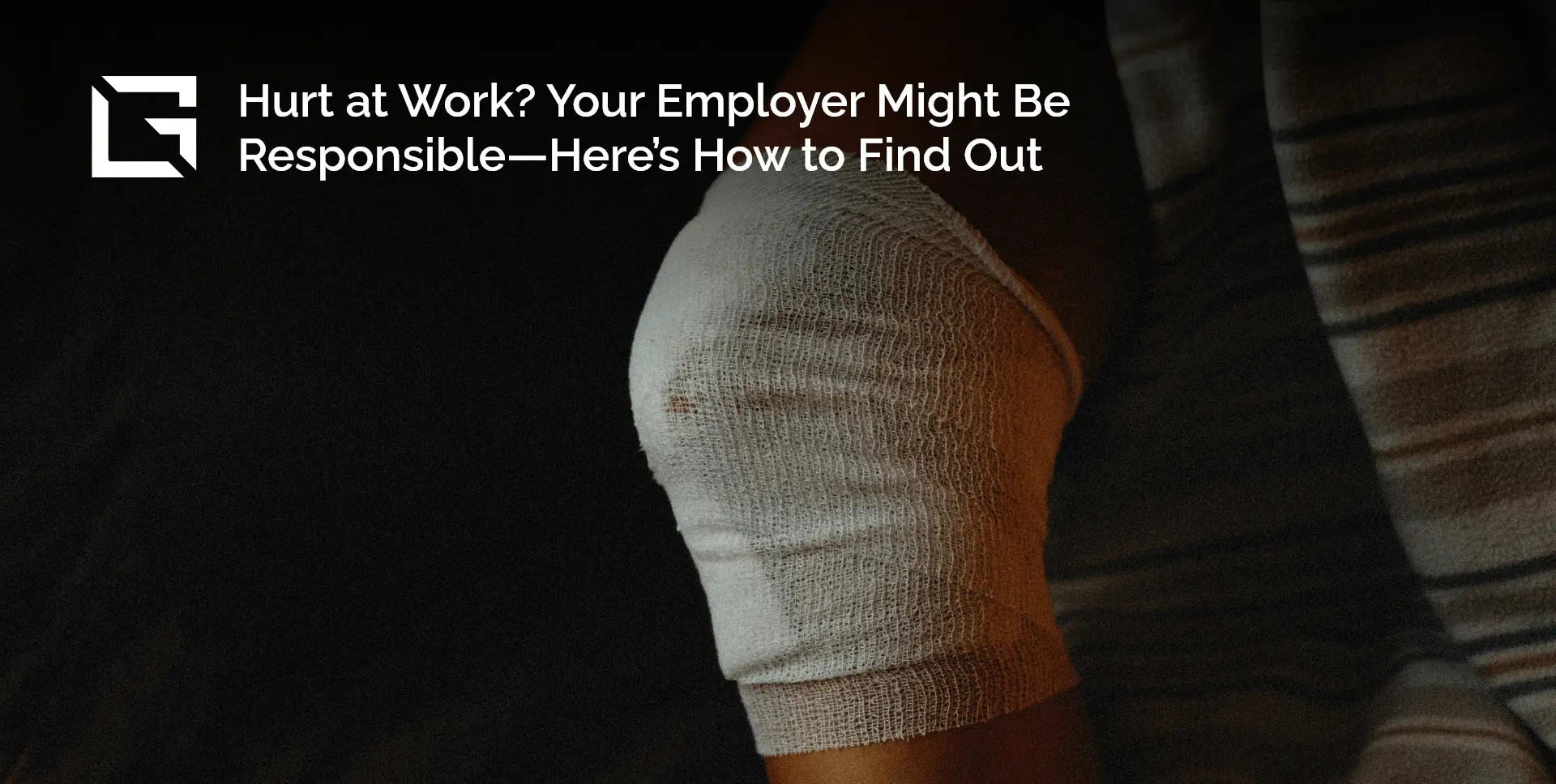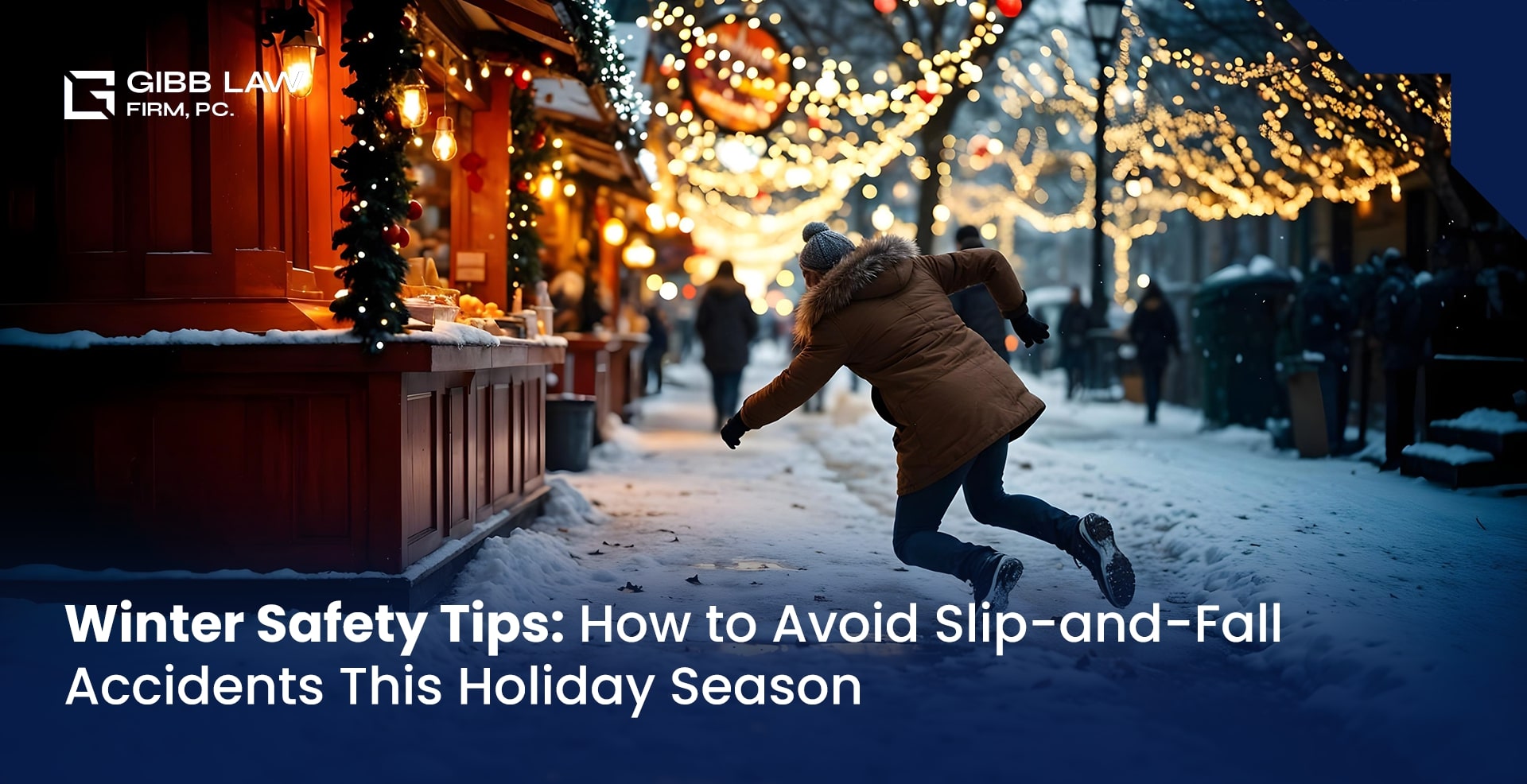Your home should be your safe haven, but what happens when your apartment becomes a danger zone? If you’ve been injured due to unsafe conditions in your rental unit, you might be wondering if your landlord is responsible—and more importantly, whether you can take legal action. Understanding your rights as a tenant and when you can hold a landlord liable for negligence is key to protecting yourself.
The Legal Responsibility of Landlords
Landlords have a duty to keep rental properties safe and habitable. This isn’t just a moral obligation—it’s a legal one. Most states have laws requiring landlords to ensure that their properties meet health and safety standards. This means:
- Keeping common areas safe (hallways, stairwells, elevators, parking lots, etc.).
- Maintaining structural integrity (ensuring roofs, walls, and floors are stable and hazard-free).
- Providing essential services like working plumbing, heating, and electricity.
- Addressing hazards in a timely manner when tenants report them.
However, when landlords fail to meet these obligations, tenants can suffer serious injuries. Let’s look at some common unsafe conditions that can lead to accidents.
Common Apartment Hazards That Cause Injuries
Unsafe apartment conditions come in many forms, and they can result in devastating accidents. Here are a few examples of situations where a landlord’s negligence can lead to tenant injuries:
Slip and Fall Accidents
Imagine walking down your apartment’s staircase when you suddenly trip on a loose step. You fall, twisting your ankle and hitting your head against the railing. Later, you find out that other tenants had reported the broken step weeks ago, but the landlord never fixed it. In this case, the landlord may be liable because they were aware of the hazard but failed to address it.
Other slip-and-fall hazards include:
- Wet or icy entryways without proper maintenance.
- Loose carpeting or broken flooring.
- Poor lighting in hallways or stairwells.
Faulty Electrical Systems
Electrical issues are a serious safety risk. If your landlord ignores faulty wiring, malfunctioning outlets, or exposed wires, it could result in electrical fires or shocks. If an electrical issue in your unit causes a fire and you suffer burns or property loss, your landlord may be held responsible for failing to maintain a safe environment.
Mold and Pest Infestations
Exposure to mold can cause respiratory problems, allergic reactions, and even chronic health conditions. If your landlord refuses to address mold problems caused by leaks or poor ventilation, they could be liable for any health issues you experience. Likewise, severe pest infestations (like bed bugs or rodents) can lead to health risks and damage to personal belongings.
Inadequate Security Leading to Assault or Theft
If your landlord fails to provide adequate security—such as working locks, proper lighting, or functional security systems—they may be responsible if you are a victim of a crime. For example, if a broken front door lock allows an intruder to enter the building and harm a tenant, the landlord could be sued for negligence.
When Can You Sue Your Landlord for Unsafe Conditions?
Not every apartment injury automatically makes a landlord liable. To successfully hold them accountable, you need to establish negligence. That means proving the following:
- A hazardous condition existed in the apartment or common area.
- The landlord knew (or should have known) about the problem but failed to fix it in a reasonable amount of time.
- The hazard directly caused your injury (for example, if you fell because of a broken staircase and suffered a fractured wrist, you must prove the broken staircase was the cause).
If these elements are met, you may have grounds to sue your landlord.
Steps to Take If You’re Injured Due to Unsafe Apartment Conditions
If you suffer an injury in your rental unit due to hazardous conditions, take these steps to strengthen your case:
1. Seek Medical Attention Immediately
Your health comes first. Even if your injuries seem minor, seeing a doctor ensures they are properly documented, which will be critical if you decide to pursue legal action.
2. Document the Unsafe Condition
Take photos and videos of the hazard that caused your injury. Make sure to include:
- Close-up and wide-angle shots.
- The date and time of the accident.
- Any visible injuries you sustained.
3. Gather Evidence and Witness Statements
If other tenants have complained about the issue, ask them for written statements. If someone witnessed your accident, their testimony could strengthen your claim.
4. Notify Your Landlord in Writing
Send a formal notice (email or certified mail) to your landlord about the accident and request that they address the hazard. Keep a copy of all communications for your records.
5. Consult a Personal Injury Attorney
A lawyer can assess your case, explain your rights, and help determine if you should file a lawsuit. Many personal injury attorneys offer free consultations, so it’s worth getting legal advice.
What Compensation Can You Receive?
If you successfully prove your landlord’s negligence, you may be entitled to compensation, including:
- Medical Expenses: Reimbursement for hospital bills, surgeries, physical therapy, and medication costs.
- Lost Wages: If your injury prevents you from working, you can claim lost income.
- Pain and Suffering: Compensation for physical pain and emotional distress caused by the accident.
- Property Damage: If your belongings were damaged due to unsafe conditions (e.g., a fire caused by faulty wiring), you may be compensated for your losses.
How a Personal Injury Lawyer Can Help
Navigating a legal claim against your landlord can be complex, especially if they try to deny responsibility. A skilled personal injury lawyer can:
- Evaluate your case and determine if you have a valid claim.
- Gather evidence to prove negligence.
- Negotiate with insurance companies on your behalf.
- File a lawsuit if a fair settlement cannot be reached.
A strong legal advocate can make all the difference in ensuring you receive the compensation you deserve.
Final Thoughts: Protecting Your Rights as a Tenant
If you’ve been injured in your apartment due to unsafe conditions, don’t assume you have to handle everything on your own. Landlords have a legal responsibility to maintain their properties, and when they fail to do so, tenants have rights. By taking the proper steps—documenting the hazard, seeking medical treatment, and consulting a personal injury attorney—you can hold your landlord accountable and secure the compensation you need to recover.
At Gibb Law Firm, we’re here to help. Our team is dedicated to fighting for tenants’ rights and ensuring that negligent landlords are held responsible. If you’ve been hurt due to unsafe conditions in your rental, contact us today for a free consultation. Your safety matters, and so do your legal rights.
Conclusion
At Gibb Law Firm, we understand that a personal injury can be a life-altering event, leaving you with physical, emotional, and financial burdens. Our dedicated personal injury attorneys are here to fight for your rights and ensure you receive the compensation you deserve. Whether you’ve been injured in a car accident, slip and fall, workplace incident, or due to someone else’s negligence, we provide compassionate support and strategic legal representation every step of the way. Explore the Personal Injury section of our FAQ page or contact our team for a consultation—because your recovery and future matter.
Disclaimer: This article is for informational purposes only and does not constitute legal advice. Please contact us to discuss the specifics of your situation.



